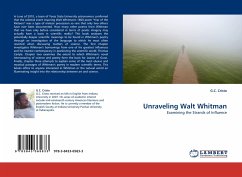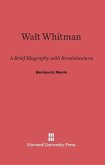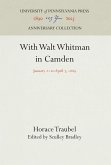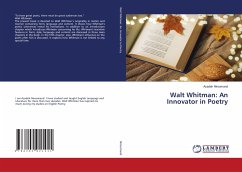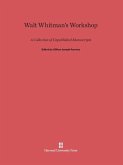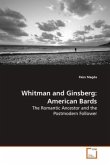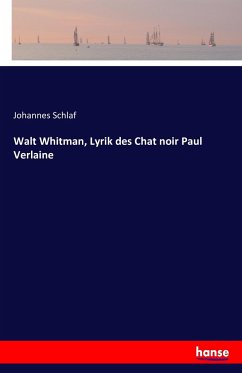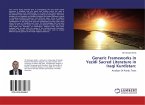In June of 2010, a team of Texas State University astronomers confirmed that the celestial event inspiring Walt Whitman's 1860 poem "Year of the Meteors" was a type of meteor procession so rare that only two others have ever been documented. How many other poems from Whitman that we have only before considered in terms of poetic imagery may actually have a basis in scientific reality? This book analyzes the potentially deeper scientific meanings to be found in Whitman's poetry through an investigation of the language to which he most often resorted when discussing matters of science. The first chapter investigates Whitman's borrowings from one of his greatest influences and his nearest contemporary in poeticizing the scientific world, Thomas Carlyle. Chapter two examines the extent to which Whitman's novel interweaving of science and poetry form the basis for Leaves of Grass. Finally, chapter three attempts to explain some of the most elusive and mystical passages of Whitman's poetry in modern scientific terms. This books offers to anyone interested in Whitman or the natural world an illuminating insight into the relationship between art and science.
Bitte wählen Sie Ihr Anliegen aus.
Rechnungen
Retourenschein anfordern
Bestellstatus
Storno

